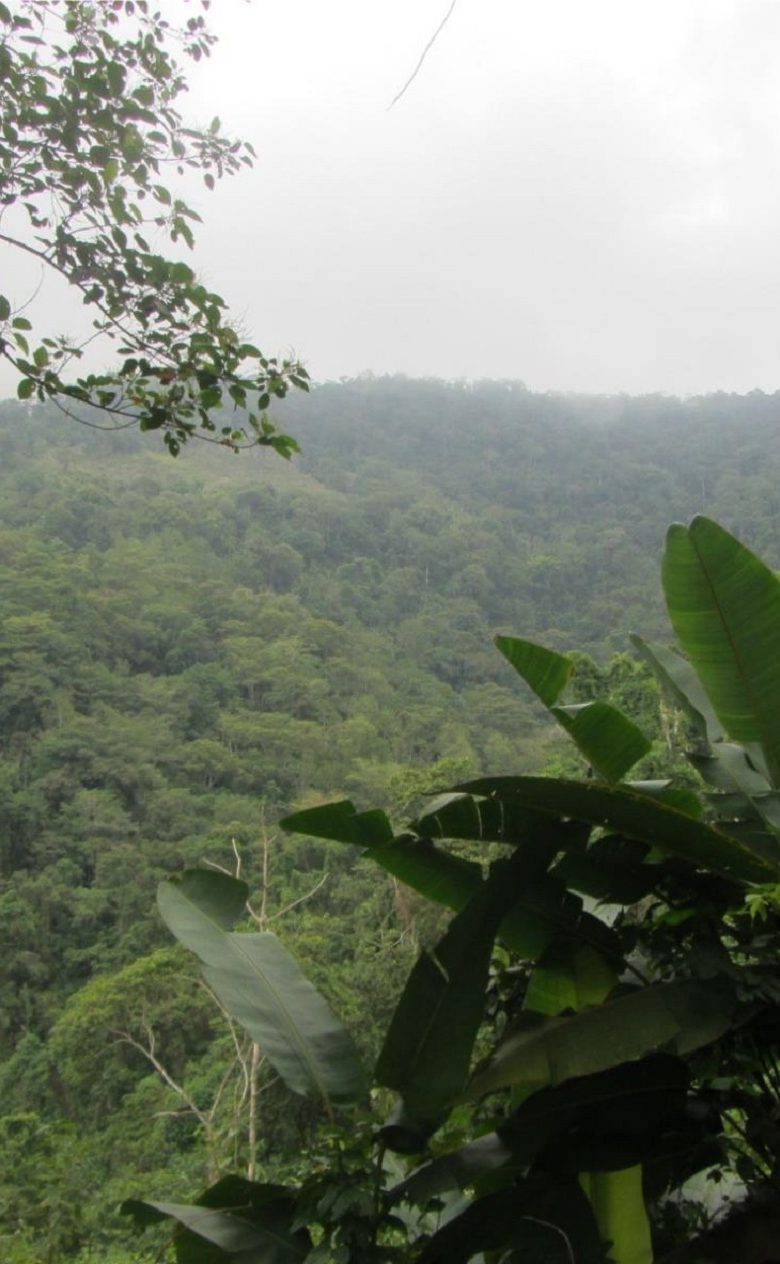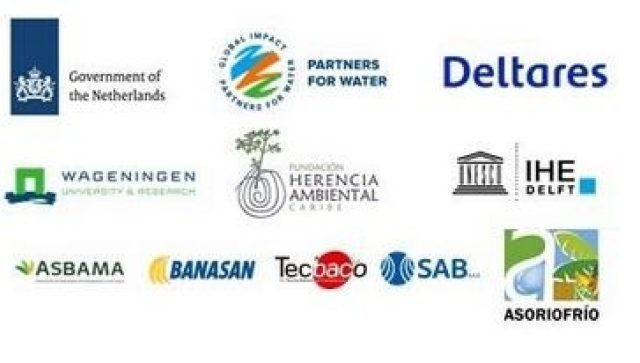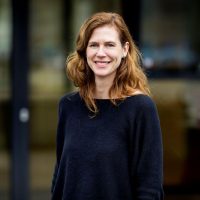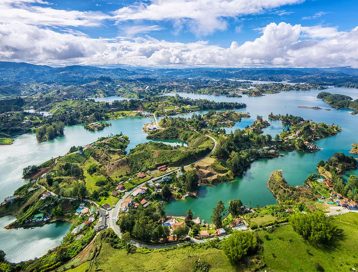Aquifer Storage and Recovery for sustainable banana production in the Magdalena region, Colombia
Improving water management techniques in the banana sector is one of the prioritised topics for the coming years and is a cornerstone of the bilateral agenda on circular agriculture of the Dutch Embassy in Colombia. As part of the Partners for Water program, a project has been initiated to foster collaboration between Dutch and Colombian stakeholders in the field of aquifer storage and recovery for sustainable banana production in Colombia.

The project is executed by a Dutch-Colombian consortium composed by Deltares, IHE Delft Institute, Wageningen Environmental Research, and Fundación Herencia Ambiental Caribe in collaboration with ASBAMA, BANASAN and TECBACO, among other key stakeholders.
Background
The Netherlands is internationally recognised for its expertise in water management, which is one of the pillars of the country's various bilateral relations. Through the Netherlands International Water Ambition (IWA), it seeks to promote water security and to optimise the Dutch contribution to this end. This is done through strategic partnerships with seven delta countries, including Colombia.
The agricultural sector in Colombia is one of the most important in the country and, at the same time, one of the most affected by climate change. In the banana sector, Colombia is the fourth largest supplier of bananas in the world, with the Netherlands being one of the main export destinations. Banana production (often accompanied by plantain cropping) in the department of Magdalena is threatened by several hazards, including a shortage of fresh water for irrigation, salinisation of water and soils, and the lack of appropriate irrigation systems. In addition, banana production areas are located between two systems of great natural and cultural importance and capital (the Ciénaga Grande de Santa Marta and the Sierra Nevada de Santa Marta), so proper water management to produce these crops is essential to maintain and protect the surrounding ecosystems.
In December 2020, the Government of the Netherlands, through the Partners for Water programme, assigned the present project to Deltares, the applied institute for water and subsurface, and partners IHE Delft Institute for Water Education, Wageningen Environmental Research and Fundación Herencia Ambiental Caribe, in order to contribute to the sustainability of production chains in the agricultural sector, specifically in relation to banana production.

Ambition
This project seeks to explore alternative water management techniques to improve the management of water resources in the Rio Frio and Rio Sevilla basins in the department of Magdalena, thereby promoting sustainable banana production in the area. The focus to achieve this objective is on aquifer storage and recovery techniques (also called artificial recharge techniques or ASR - Artificial Storage and Recovery). The project targets medium-sized banana producers (between 10 and 50 hectares).
It is expected that this project will provide results that 1) inform the feasibility of artificial recharge techniques in the area, and 2) provide the first steps for producers to adapt storage and recovery techniques, in case they are considered feasible.
This will help to move water management for banana crops towards a sustainable scheme that contributes to fair and equitable access to water for different water users.
Project activities and approach
The activities are carried out in four phases. In each phase, both technical and local consultation activities (through workshops) take place, seeking the continuous participation of the project's key counterparts, namely the banana-producers association - ASBAMA and the trading companies BANASAN and TECBACO, as well as the users association Asoriofrio among other stakeholders. This exchange helps the project to be better focused on the counterparts and stakeholders needs.
- During the first phase, carried out from January to March 2021, a dialogue was established with multiple stakeholders to define their interest and participation in the project. Additionally, technical information was collected and the banana producing areas with the greatest need and potential for ASR systems, as well as the potential beneficiaries of the project were identified.
- Phase 2 is focused on understanding the current conditions of the basin, in relation to hydrological and hydrogeological aspects and their relationship with current and future water supply and demand. With this information, threats and risks to the banana sector can be identified.
- Phase 3 includes the evaluation of the potential for artificial recharge in the aquifers of the river basins, through the identification of the most appropriate techniques to use, the potential zones for their adaptation and finally the selection of the potential sites to be studied in more depth.
- Finally, phase 4 consists of an indicative cost-benefit analysis to explore alternatives for improving water management techniques for banana production, a feasibility study including and addressing limiting factors, a work plan for the implementation of a pilot project for artificial recharge of aquifers, and the conceptual demonstration of a decision support system to support decisions on the feasibility of installing an artificial recharge system.
The activities of these four phases will result in a set of calculations, maps, guidelines and tools to be used when the installation of ASR pilots for medium-sized banana producers is considered in the Río Frío and Río Sevilla basins. The results will also provide the basis for future assessments on the impact of ASR systems in the basins.
Videos: Improving water management techniques in the banana sector
You have not yet indicated whether you want to accept or reject cookies. This means that this element cannot be displayed.
Or go directly to:
You have not yet indicated whether you want to accept or reject cookies. This means that this element cannot be displayed.
Or go directly to:


